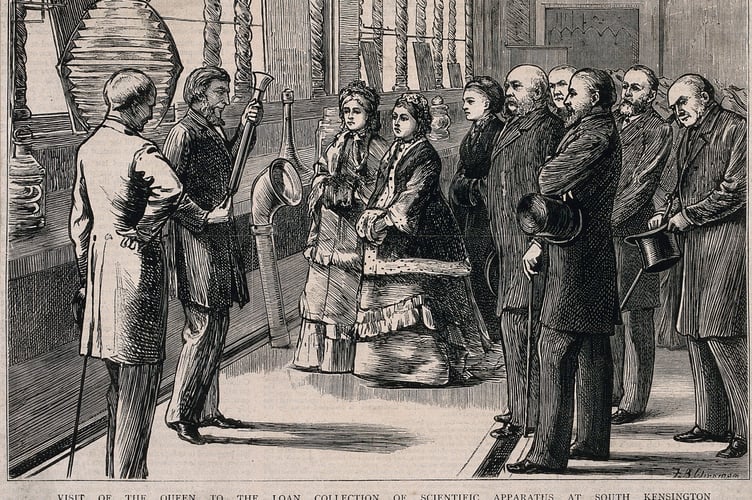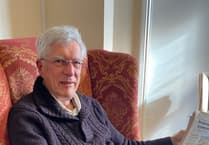At the height of his career, John Tyndall would draw audiences of 2,500 or more to his talks on new scientific discoveries. Tyndall was one of the leading experimental physicists of the 19th Century and by a long way its best science educator.
We aren't expecting quite as big an audience to the talk on Tyndall's life and work taking place at on Wednesday, March 27 but it will be fascinating nonetheless. The speaker, Sir Roland Jackson, is one of today's leading science communicators, a former head of the Science Museum and author of the definitive biography The Ascent of John Tyndall.
Jackson will trace Tyndall's journey from humble beginnings in rural Ireland, through his determined self-education in the emerging physical sciences, to his high profile contributions to the intellectual and social debates of his time. And when not in his laboratory inventing ingenious experimental apparatus, Tyndall was examining glaciers or pioneering routes up the Alps.
Tyndall's dedication to the outdoors, as well as his love of poetry and admiration and friendship with Alfred, Lord Tennyson, led him and his wife Louisa to build a house in Hindhead in 1883. He spent the last decade of his life there until his accidental death through an overdose of medication.
Today, Tyndall is best remembered for his groundbreaking work on understanding the atmosphere. His demonstration of the greenhouse effects of carbon dioxide and water vapour and other atmospheric dynamics formed the foundations for modern meteorology, weather forecasting and climate science. His key observation that carbon dioxide (CO2), like water vapour, not only absorbed heat but could radiate it out again, held the potential for global warming.
As Tyndall put it: “The atmosphere admits of the entrance of solar heat; but checks its exit, and the result is a tendency to accumulate heat at the surface of the planet”.
Variation of the proportions of atmospheric gases “must produce a change of climate”, he wrote.
CO2 from the burning of fossil fuels had been accumulating since the Industrial Revolution, although it took until 1938 for Tyndall's prediction to be verified. The accelerating rise in CO2 since then has brought us to our current climate crisis.
The talk, John Tyndall, pioneer in understanding the greenhouse effect: how a Hindhead Resident changed climate science, takes place at 7.30pm on Wednesday, March 27 at Haslemere Hall. Entrance is free. Book tickets at http://tinyurl.com/Tyndall-talk, or just turn up on the night.



